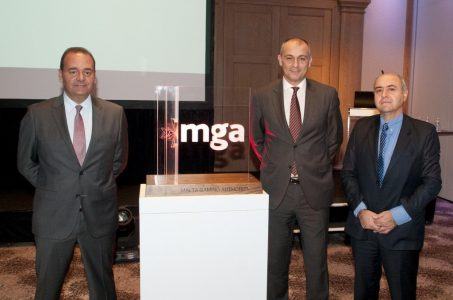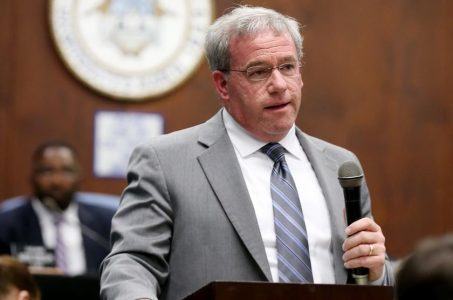Vietnam Mulls Loosening Casino Capital Requirements in Special Economic Zones in Bid For More Foreign Investment
Posted on: September 2, 2019, 12:40h.
Last updated on: September 2, 2019, 03:27h.
Vietnam’s Ministry of Finance (MoF) is looking to liberalize the currently stringent requirements for companies considering integrated resort projects in the country’s special administrative economic zones (SAEZs), the latest effort by the Southeast Asian nation to boost foreign direct investment.

The country is home to nearly 40 casinos, but long-standing policies take mostly hard lines against gambling. It wasn’t until 2018 that select Vietnamese casinos permitted local citizens to enter the premises, and even now, residents looking to gamble at those properties must meet certain requirements.
For example, the Corona Casino on Phu Quoc Island, a $4 billion integrated resort that opened early this year, mandates that locals entering the property must pay a $43 admission fee and prove they have monthly income of at least $431.
The capital requirements MoF is looking to loosen are hefty. Vietnam’s current policy is that an operator looking to build a casino there must commit at least $2 billion to the project and fork over an initial fee, called a disbursement, of half the venture’s cost before a license is awarded.
The new proposal, according to MoF, will help resolve difficulties for investors and attract investment into casino and infrastructure projects connected to SAEZs, especially Van Don, a locality deemed to have underdeveloped infrastructure,” reports VNExpress International, a Vietnamese daily newspaper.
MoF’s effort to make gaming investment in the country more attractive comes as foreign direct investment in the economy, one of the fastest-growing in Southeast Asia, is soaring. In the first five months of 2019, Vietnam attracted $16.74 billion in capital from outside investors, a year-over-year increase of 69.1 percent.
Opposition Already Mounting
Some gaming companies, including those with footprints in other Asian markets, have previously expressed interest in Vietnam. MoF’s plan to liberalize related expenditures there will not come easily, as several other agencies are already voicing opposition.
The Ministry of Planning and Investment believes now isn’t the right time to make it easier for the gaming industry to expand in Vietnam. The Ministry of Defense also stated that if MoF’s plan is designed to push forward a casino project in Van Don, that such a plan would be unfair to operators looking to procure licenses for venues in other parts of the country.
While there is resistance to the MoF plan, Vietnam is widely seen as a beneficiary of the US/China trade war, one that is sapping other Asian gaming markets. Government data is not broken out to the sub-industry level, but in the first five months of the year, Vietnam’s real estate sector, which includes gaming venues, attracted $1.1 billion in foreign investment.
Other Efforts
Policymakers in Hanoi have been taking steps to open the country’s markets to outside investors as part of a plan to earn a promotion to emerging markets status. Currently, companies that construct equity indexes for use by fund issuers classify Vietnam as a frontier economy. That’s a designation that implies more risk than what an investor would encounter with a nation in the emerging markets camp.
To gain that sought-after upgrade, politicians in Vietnam have increased the percentages of the country’s banks and real estate firms that foreigners can own. The move immediately paid dividends, as some large financial institutions from other Asian countries swiftly gobbled up shares of Vietnamese lenders earlier this year.
Among the major operators that are believed to be eyeing Vietnam, Las Vegas Sands has expressed interest in an integrated resort in Hanoi or Ho Chi Minh City, the country’s two largest metropolitan areas. Sands is one of the dominant operators in Asia, with five Macau venues and one of Singapore’s two casinos.
Related News Articles
Most Popular
VEGAS MYTHS BUSTED: Golden Gate is the Oldest Casino in Vegas
Las Vegas Overstated F1 Race’s Vegas Impact — Report
Most Commented
-
End of the Line for Las Vegas Monorail
— April 5, 2024 — 90 Comments -
Mega Millions Reportedly Mulling Substantial Ticket Price Increase
— April 16, 2024 — 6 Comments
















No comments yet